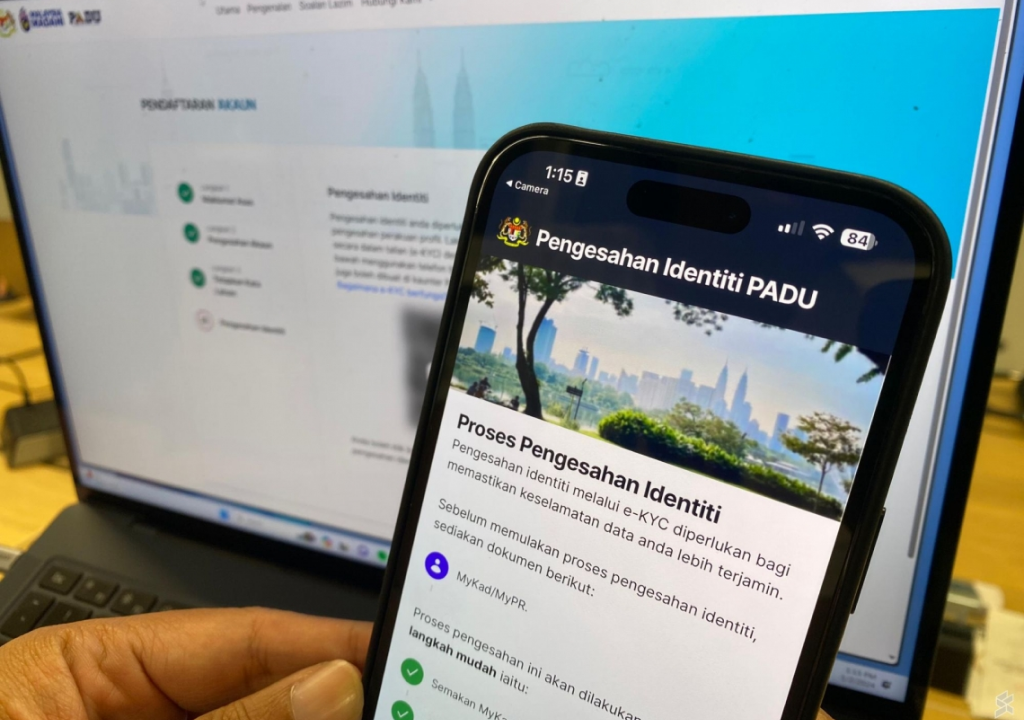In the current era, data has transformed into an invaluable commodity. Its applications span from conventional marketing to propagandist endeavors, making it a vital asset in sectors like commerce, technology, healthcare, and politics. Politics, in particular, has become a significant domain for data utilization. Consequently, the collection of data by governments is raising concerns akin to those associated with corporate data collection. The global trend of governments amassing data has sparked apprehensions regarding privacy and cybersecurity, and Malaysia’s Padu, the central database, is garnering attention from watch dogs.
Recently launched in Putrajaya, Padu, the Central Database Hub, has multifaceted objectives. During the unveiling, Prime Minister Anwar Ibrahim underscored Padu’s pivotal role in efficiently targeting government subsidies. He emphasized that by excluding foreigners and the affluent from specific subsidies, the Malaysian government could potentially save billions. The targeted approach, scheduled to commence in 2024, seeks to mitigate the impact of widespread subsidies on government finances. Beyond merely streamlining subsidy distribution, Padu addresses leaks in government assistance, aligning with Malaysia’s overarching digital transformation strategy. The Prime Minister stressed the crucial role of Padu in optimizing the structure of subsidy distribution to ensure that deserving citizens receive government aid.
As an integrated socio-economic database, Padu consolidates information from diverse government departments, creating a comprehensive, near real-time national database. This facilitates precise data analytics, aids in policy formulation, and supports data-driven decision-making processes. The primary objective is said to provide an equitable representation of the socio-economic status of each household in Malaysia.
Anwar expressed appreciation for civil servants who developed Padu without relying on international consultants, acknowledging their skills and expertise. He announced the accelerated implementation of a new salary scheme for civil servants, praising their performance. The Padu initiative signifies a significant stride towards efficient governance, utilizing data for targeted assistance, all while addressing concerns related to privacy and cybersecurity.
Acknowledging concerns regarding cybersecurity, Mr. Rafizi, economic minister emphasized that PADU has implemented various measures to safeguard data. These measures encompass the establishment of comprehensive standard operating procedures (SOPs) and strategic collaborations with entities such as the National Cyber Security Agency (NACSA), the Office of the Chief Government Security Officer (CGSO), CyberSecurity Malaysia, and the Department of Personal Data Protection (PDP). Mr. Rafizi further explained that an independent group of experts, versed in diverse fields, has been appointed to ensure that PADU’s development incorporates the latest and most robust safety features.
But things are not easy, as the minister says, Malaysia witnessed several attempts of data breaches on government agencies last year, prompting heightened concerns. On December 8, 2023, the social security organization (SOCSO) confirmed a cyber attack on its systems, databases, and websites. In response to these incidents, former DAP MP Ong Kian Ming has urged the government to suspend user registrations for the Central Database Hub, or Padu, until security concerns are adequately addressed.
Ong suggested a collective decision by the Cabinet to suspend registrations until security issues are resolved and stressed the importance of thorough stress testing before reintroducing the system. He expressed concerns about potential identity theft, claiming that those who did not register with Padu could have their identity cards and postcodes used by others for registration.
Economy Minister Rafizi Ramli refuted Ong’s claims, stating that the e-KYC process for Padu requires users to upload a selfie along with a picture of their identity card, and the approval process takes less than five minutes. Rafizi assured the public that cases of identity theft resulting from Padu registration would be in the “minority,” emphasizing the team’s comprehensive consideration of data security and user experience.
In response, Ong criticized the extensive details needed for Padu registration, suggesting that much of the required information should already be available through ministries and government agencies. He expressed concern that the additional fields might lead users to skip or provide inaccurate information to remain eligible for government subsidies. Ong urged swift rectification of Padu’s flaws to prevent them from becoming a point of political debate in the next parliamentary session.
Malaysia stands at the threshold of a remarkable opportunity, a sweeping initiative by the government unfolding through Padu, a profound gesture to its citizens. Amidst the air of optimism enveloping this venture, experts maintain a delicate balance, expressing confidence in data security even as concerns linger about the potential misuse of the comprehensive citizen details held within the digital vault.








